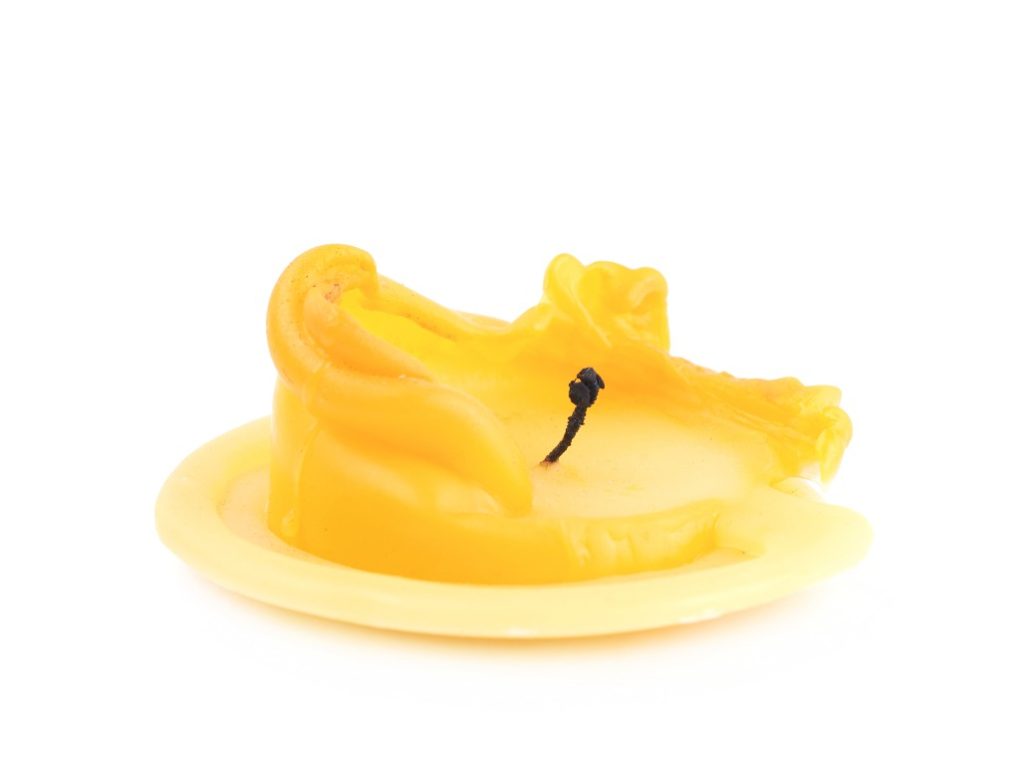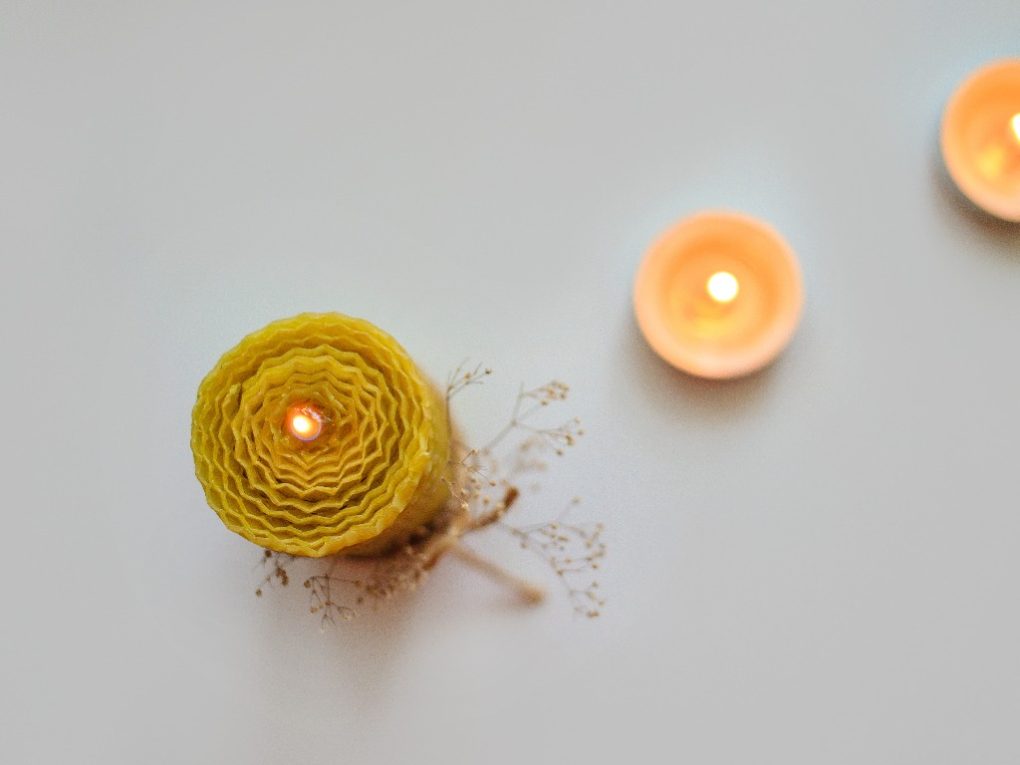Yes, a candle will eventually extinguish itself as it uses up all the wax. The wick then becomes too short to maintain the flame. During burning, wax melts, travels up the wick, vaporizes, and fuels the flame. As wax depletes, the wick shortens, the flame weakens, and the candle goes out.

Closely supervise burning candles to prevent fire risks. Always adhere to the manufacturer’s safety guidelines. never leave a lit candle unattended. Place candles on stable, heat-resistant surfaces. Keep them away from flammable items, kids, and pets.
Factors That Effect Candle Burning Itself Out
Wick Size and Type
Wick size and type considerably affect a candle’s burn time. A larger wick creates a bigger flame. This consumes more wax, shortening the burn time. A smaller wick produces a smaller flame. It uses less wax, extending the burn time.
Wick type also influences burn time. Cotton wicks are common. they offer a clean, steady flame. Some candles use wood or zinc-core wicks. These can alter the candle’s burn time and performance.
Candle Wax Type
Wax type impacts a candle’s burn duration. Soy wax candles burn longer than paraffin wax ones. Soy wax has a lower melting point. It burns cooler, resulting in a slower, more consistent burn.
Beeswax candles also offer extended burn times. Beeswax is dense and hard. It burns slowly and cleanly, making the candle last longer.

Ambient Temperature
Room temperature affects how long a candle burns. Candles burn faster in warmer rooms. Heat melts the wax quicker. Conversely, candles burn slower in cooler rooms. The wax melts and burns more slowly.
Consider room temperature when burning candles. This is especially important if you want to maximize burn time. Maintain a consistent room temperature. avoid drafts to help candles burn evenly and last longer.
Signs That a Candle Is About to Burn Itself Out
Candles enhance a room’s ambiance. Watch them closely to prevent hazards. Look for signs that a candle is about to expire. Here are some indicators:
- The flame is very small
- The flame flickers frequently.
- Wax is low in the candle.
- The wick is very short.
As a candle nears its end, the flame shrinks. The wax is almost gone. There’s not enough fuel to sustain the flame. The flame may flicker a lot. This indicates the candle is struggling to stay lit.
Monitor the wax level, too.
Low wax signals the candle is nearly spent. A very short wick also makes it hard for the flame to stay lit. Always supervise candles. Never leave them alone. if you see these signs, extinguish the candle.Dispose of it properly.This prevents hazards and keeps your home safe.
Things That Happens When a Candle Burns Out
When a candle is fully burned, the wick is used up. It can’t support the flame anymore. This can occur in different ways. It depends on the candle type and burning conditions.
Some candles have self-extinguishing wicks. These may burn out without help. Though, letting a candle burn entirely is risky. A low flame can overheat the container’s bottom. This may shatter the glass jar.
Also, a fallen wick can ignite flammable surfaces. Always follow candle safety rules. Never leave a burning candle alone. Extinguish it before leaving or sleeping. Keep candles away from flammable items.
Safety Tips for Burning Candles
Always Keep an Eye on Burning Candles
Always watch burning candles closely. Never leave a lit candle unattended,even briefly.Extinguish all candles before leaving or sleeping. Keep candles away from kids and pets to prevent accidents.
Keep Candles Away from Flammable Objects
Protect candles from flammable items like curtains,bedding,and paper. the Red Cross advises keeping candles 12 inches from flammable objects. Don’t place candles near windows or doors.Drafts can cause flames to flicker and ignite nearby items.
